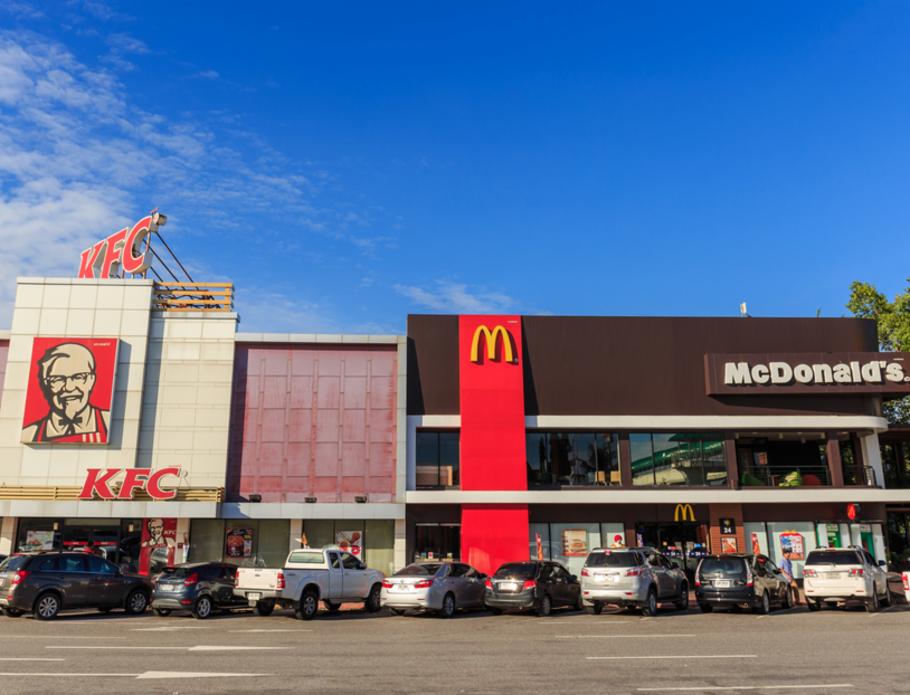
Halal restaurants could make big mistake if they mimic big brands
Photo: jack_photo / Shutterstock.com
Iran’s newest, and only American-style restaurant, KFC Halal, has nothing to do with the real deal, but word of its opening quickly spread to the States.
The real KFC was shocked to hear of the fake diner in Tehran, said a spokesman on the day of its opening.
The company had been in touch with local authorities and external advisors about its next steps, but in the end there was no need. Iranian police shut the counterfeit operation down a day after it opened, allegedly because the décor looked a little too like the United States flag.
KFC Halal is by no means the only restaurant in the region to imitate bigger brands. A number of other Middle Eastern restaurateurs have copied famous chains.
It all started 20 or 30 years ago, according to Mohammed El Hijazi, director of Brand Creative in Dubai.
“Not a lot of people travelled back then, and it was the one person who got out and went to Europe or went to North America and saw McDonalds or KFC or any big brand, and when they came back they were so inspired,” says El Hijazi.
“But there was no branding agency or graphic design agency to create things for them. So the easy [thing was] to take it on and just put ‘halal’ beside it.”
PIGGYBACKING ON BIG BRANDS
Operations like KFC Halal copy big brands simply because they want to replicate their success, says Vaquas Alvi, general manager of UAE-based Ogilvy Noor, an Islamic branding agency. “They want to use the brand value of these bigger brands but also … they want to leverage on the halal economy or halal audience.”
Even if they do not use the word “halal”–and you can usually assume all restaurants are halal in the region unless they specifically say they are not–they often still borrow a recognizable element of a more famous brand, such as a logo or color scheme.
El Hijazi cites a restaurant in Dubai called Facefood that imitates the recognizable font and precise shade of blue from a famous social media company in its logo.
“It’s a shame because they have this massive location, and I’m sure the food is good, but for me I will definitely not go there. They are losing a lot of business just because they are putting something like that and everyone is going to recognize it, but how creative is that?” he says.
‘LAZY’ BRANDING
El-Hijazi says he, like the majority of young people, do not respect lazy branding. "People are aware of international brands and any attempt by retailers to bluntly copy known brands comes across as pathetic and makes you [question] their approach on the service or product they are providing."
El Hijazi says such an imitation strategy could potentially work for a small neighborhood joint playing on the Burger King brand by using a name like Burger Queen.
“I think it’s funny, and there is a way to do it, and it could actually work if you do it the right way, but if you are just trying to copy and use the same colors it just won’t. It doesn’t bring you any value” he says. “You might as well call it the Burger Joint rather than trying to mimic another big brand.”
© Copyright SalaamGateway.com 2015

Gillian Duncan